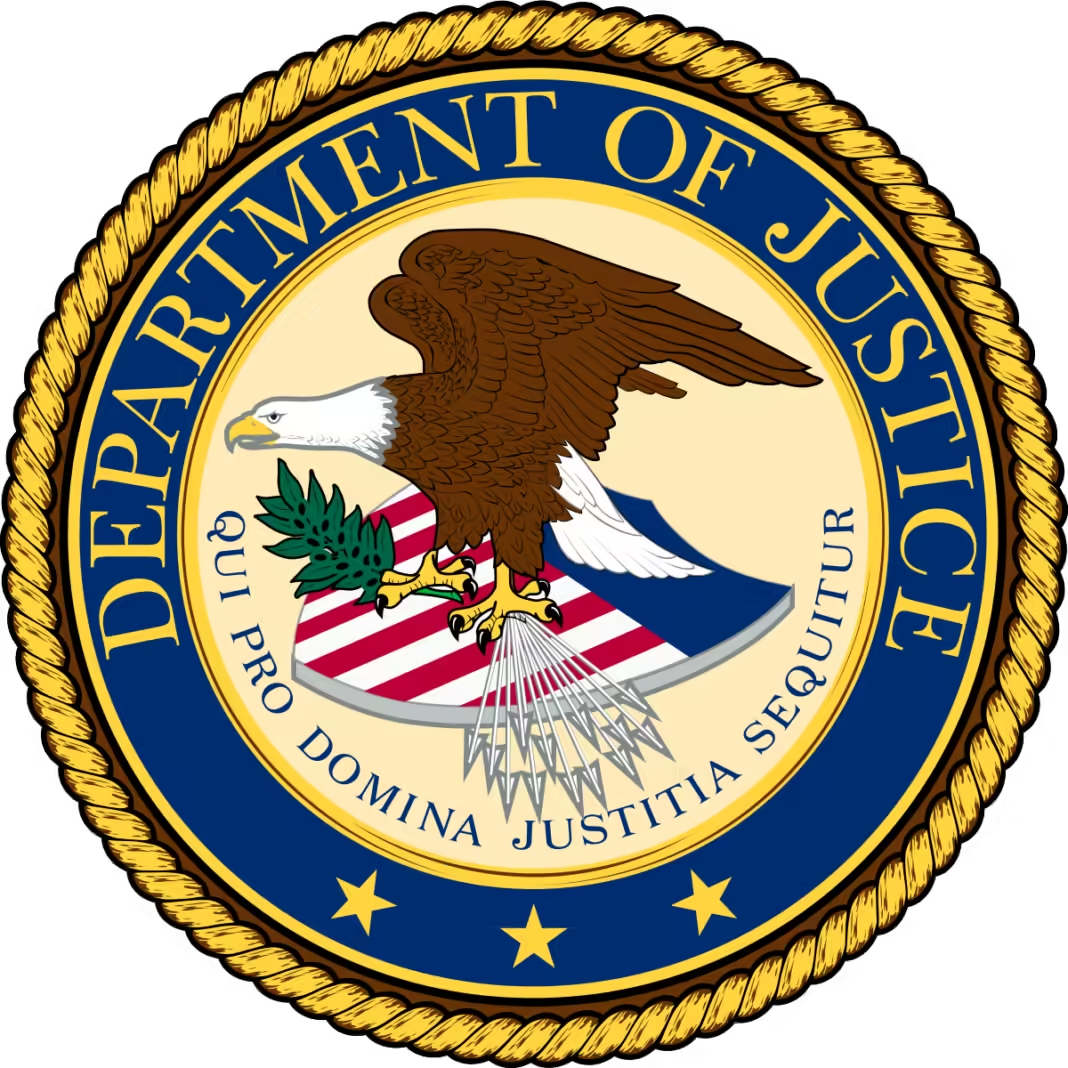Bucharest, Romania — In a demonstration of international solidarity, the Global Forum to Prevent Radiological and Nuclear Terrorism (Global FTPRNT) concluded in Bucharest this week. With the participation of over 30 nations, including the United States and Romania, the forum has committed to strengthening global efforts to counter the rising threat of radiological and nuclear (R/N) terrorism.
The event, held from November 13 to 15, marks a turning point in global cooperation against R/N threats. Delegates from participating countries, including Nigeria, the United Kingdom, Japan, and many others, issued a joint statement affirming their commitment to bolstering international security measures to prevent terrorist access to dangerous R/N materials.
“The threat of R/N terrorism is real and persistent,” the joint statement emphasized.
“We must remain vigilant to prevent these materials from falling into the hands of those who would use them for harm.”
The forum aims to fill the gap left by the suspension of activities of the Global Initiative to Combat Nuclear Terrorism (GICNT), which ceased following Russia’s 2022 invasion of Ukraine. This absence created a critical need for continued global cooperation, a gap now bridged by the Global FTPRNT, a coalition of likeminded nations working to counter R/N terrorism risks and threats.
Participating nations reaffirmed their commitment to international collaboration, citing a need for unified action to prevent, detect, and respond to R/N threats.
“As the global community increasingly turns to nuclear energy,” the statement noted,
“The security risks from R/N materials must be mitigated with comprehensive and cooperative international measures.”
The forum’s participants endorsed international legal frameworks and conventions as essential tools in the fight against R/N terrorism. This includes adherence to the International Convention for the Suppression of Acts of Nuclear Terrorism (ICSANT), the Convention on the Physical Protection of Nuclear Material (CPPNM), and United Nations Security Council Resolutions 1373 and 1540, which set the global standards for nuclear security.
“These frameworks are the cornerstone of our collective security,” said a U.S. spokesperson.
“We are committed to ensuring that our efforts to combat R/N terrorism are consistent with international law and obligations.”
The joint statement issued a clear call to all nations concerned about R/N terrorism to join the effort, emphasizing the importance of a united front against this complex and evolving threat.
“By working together, we aim to build a safer and more secure world,” the document declared. “The stakes are too high to act alone.”
The participating countries outlined a multifaceted strategy to combat R/N terrorism, including measures to prevent the illicit acquisition and transport of R/N materials, deter hostile actions against nuclear facilities, and enhance global readiness to respond to potential incidents. Key to this strategy is the strengthening of international cooperation, sharing of expertise, and support for the International Atomic Energy Agency’s (IAEA) assistance programs.
“We are determined to create a world where R/N materials are secure and inaccessible to those who wish to use them for malicious purposes,” said a Romanian official.
“The collaboration seen here in Bucharest is a testament to our shared commitment.”
Protecting the Future of Nuclear Energy
With many nations considering advanced nuclear energy technologies, including small modular reactors, the forum emphasized the need for robust security measures. Participants highlighted that as countries explore nuclear energy to diversify their energy mix, ensuring the safety of R/N materials from terrorist threats is paramount.
The forum’s outcomes signal a renewed and focused international effort to prevent R/N terrorism in an increasingly interconnected and technologically advanced world. The endorsement of over 30 nations underscores the urgency and collective resolve to address a threat that transcends borders.
“The fight against R/N terrorism requires continuous vigilance and proactive international engagement,” the joint statement concluded.
“Only by standing together can we ensure a safer future.”
As nations move forward with the commitments made in Bucharest, the eyes of the world will be on the Global FTPRNT’s ability to foster a unified and effective response to the evolving challenges of R/N terrorism.
Editor: Gabriel Ani




